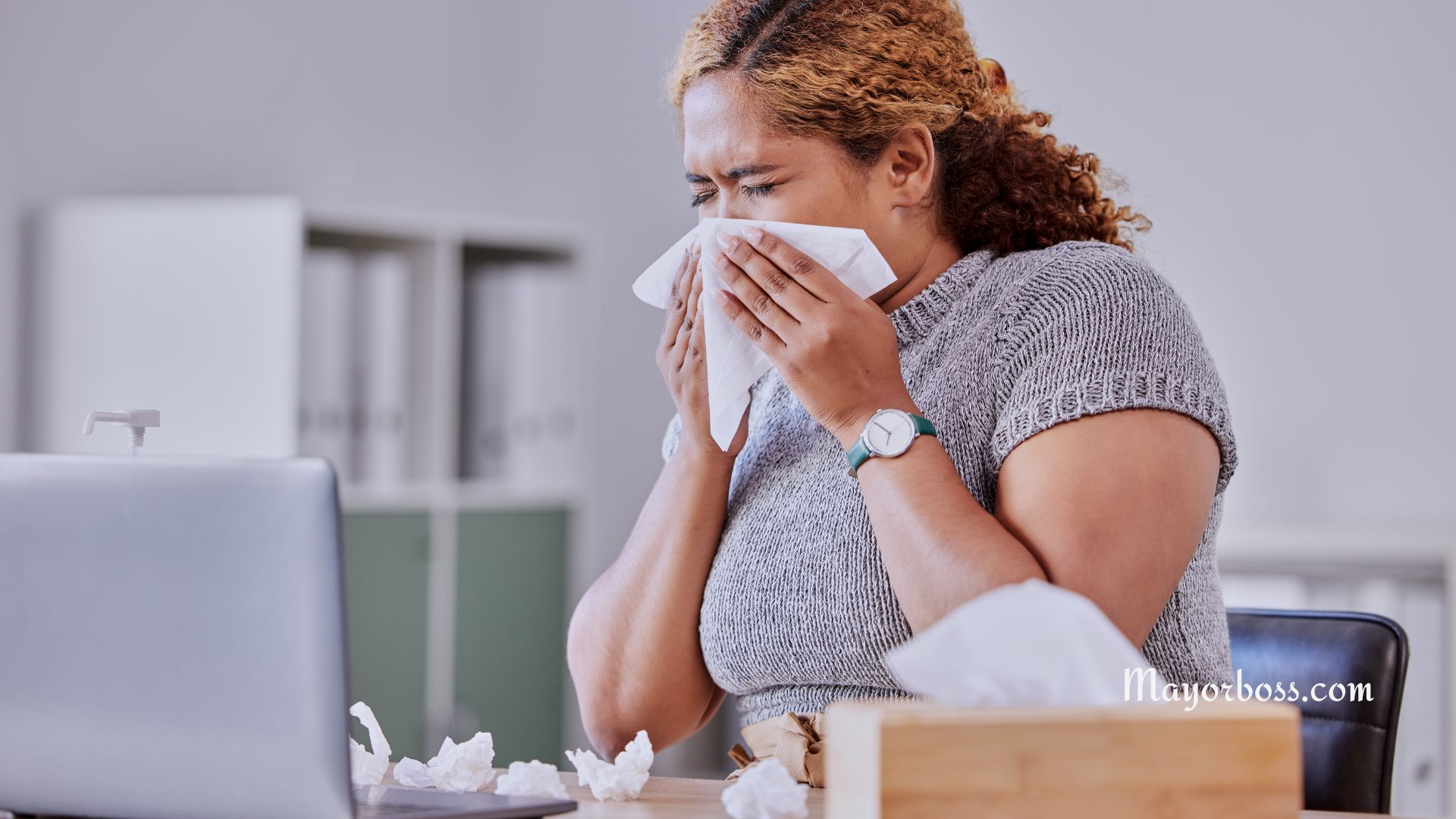How to Tell if You Have the Flu or a Cold
Flu and colds are common respiratory illnesses caused by viruses. While they share some symptoms, such as a cough, runny nose, and sore throat, flu is generally more severe. Flu can lead to complications, particularly in the elderly and those with chronic health conditions. Prevention methods include good hygiene practices and vaccination for the flu. Treatment mainly involves rest, hydration, and over-the-counter medications.
Understanding the Symptoms

Cold Symptoms
Colds are mild respiratory illnesses that typically present with the following symptoms:
- Runny or stuffy nose
- Sore throat
- Mild headache
- Fatigue
- Cough
Flu Symptoms
Flu, on the other hand, tends to be more severe and can include:
- Fever or feeling feverish/chills
- A dry cough
- Sore throat
- Difficulty sleeping
- Runny or stuffy nose
- Muscle or body aches
- Loss of appetite
- A headaches
- Fatigue
- Vomiting and diarrhea (more common in children)
Here is a table to help you differentiate between colds and flu symptoms at a glance:
| Aspect | Cold | Flu |
|---|---|---|
| Symptoms | Mild symptoms like runny or stuffy nose, sore throat, mild headache, fatigue, cough | More severe symptoms, including fever, chills, body aches, headaches, dry cough, runny nose, vomiting, difficulty sleeping, sore throat, and diarrhea in children |
| Onset | Gradual | Sudden |
| Duration | Usually 1 week | Usually 1-2 weeks, can be longer |
| Treatment | Rest, hydration, over-the-counter cold medications | Rest, hydration, antiviral medications if prescribed, over-the-counter flu medications |
| Complications | Rare, mainly in individuals with weakened immune systems | More common, especially in the elderly, young children, and individuals with chronic health conditions |
| Prevention | Good hygiene practices | Good hygiene practices, annual flu vaccination |
Please note that the table simplifies complex information. While it captures general trends, individual experiences with these illnesses may vary.
Causes and Transmission
Colds and flu are caused by different viruses, and they spread through:
- Airborne respiratory droplets from coughs or sneezes
- Touching surfaces contaminated with the virus
- Personal contact, such as handshakes
Prevention Methods
According to Dr. Anita Iroko, a general practitioner, “Prevention is key when it comes to colds and flu. Simple measures such as handwashing, covering the mouth while coughing, and getting the annual flu vaccine can make a significant difference.
Here’s how you can protect yourself:
- Wash your hands frequently with soap and water
- Use an alcohol-based hand sanitizer when soap and water are not available
- Avoid close contact with people who are sick
- Get the flu vaccine every year
Treatment
For Colds
If you have a cold, here’s what you can do to feel better:
- Rest and stay hydrated
- Use over-the-counter cold medications
- Try home remedies like warm tea or honey
For Flu
For the flu, you may need more intensive care:
- Rest and stay hydrated
- Take antiviral medications prescribed by a healthcare provider
- Use over-the-counter flu medications
When to See a Doctor
While most cases of cold and flu can be treated at home, it’s important to see a healthcare provider if you experience severe or unusual symptoms. As Dr. Iroko advises, “If symptoms persist for more than a week or become severe, it may be time to seek professional medical assistance.”
Further Reading: Common Cold: Symptoms, Treatment, and Prevention






